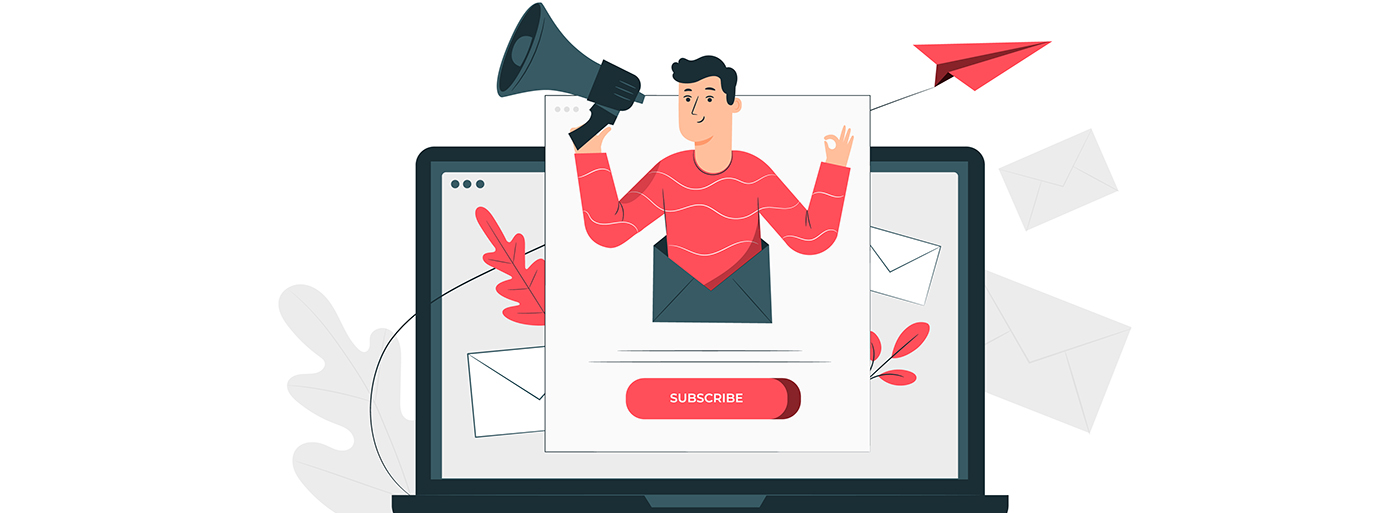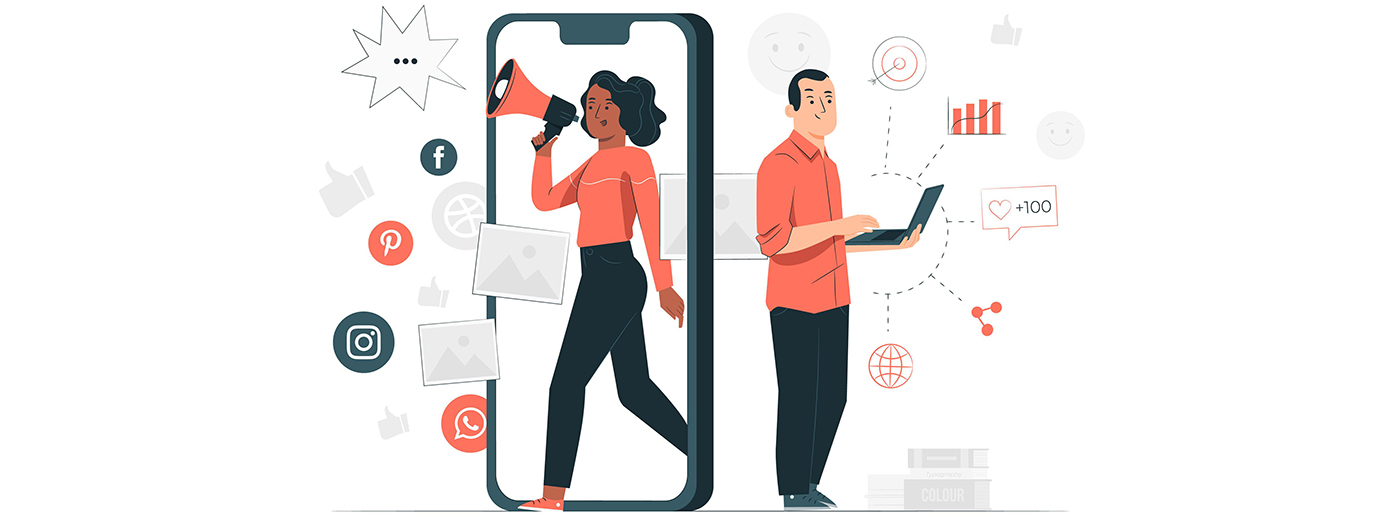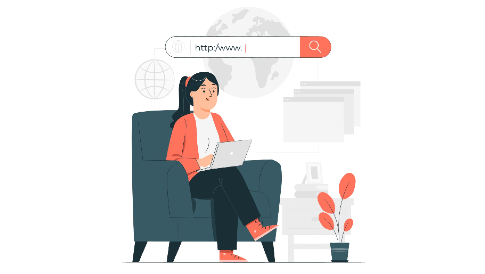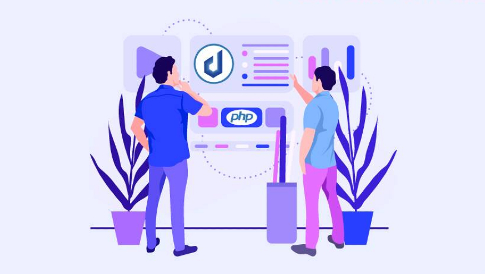Why Businesses Should Consider Cybersecurity in Digital Marketing
Anyone working online has the threat of security and data breaches hanging over them, including digital marketers. Good cybersecurity practices are crucial in the digital marketing sector, for a number of reasons. Digital marketers deal with all aspects of a website, meaning there are threats and risks to the whole site if proper precautions aren’t there. Here are just a few reasons why businesses need to consider cybersecurity in their digital marketing practices and how to avoid these threats.
Cybersecurity in Digital Marketing – Common Threats Target Websites
A key part of any successful digital strategy should be protecting your website, as poorly configured sites make for easier targets for hackers and cybercriminals. If your website is hacked, your business is at risk of financial loss, regulatory fines, data loss, and damages to your reputation. Transaction data can be a problem area, putting e-commerce sites, in particular, at risk as they’re a lucrative target for hackers.
Some of the most common forms of attacks on websites include cross-site scripting, which results in malicious code being injected into the site to infect it or to steal data from visitors; SQL injection attacks, which give hackers access to the databases behind your site; and password attacks. Keeping plugins up to date and using anti-malware software will help to prevent an attack or data theft.
Smishing Leaves Mobile Users Vulnerable
When we think of cybersecurity, we commonly think of web-based activities and desktops or laptops, but mobile use accounts for over 52% of all website traffic. With close to 5 billion mobile users around the world, digital marketers not considering mobile as part of their security strategies are leaving themselves open to attacks. For example, in 2021 there was a 466% uptick in zero-day attacks on smartphones.
As cybersecurity specialists, Redscan explains, “If your business doesn’t have one already, consider creating a formal mobile device management policy that mandates employees to protect personal devices with numeric or alphanumeric passwords (ideally not a pattern as these can be easily guessed!), use antivirus software and configure automatic software updates to stay on top of vendor security patches”. With so many people streaming the web or accessing data on their mobile devices, having a system in place to protect this information is crucial.
Email Systems Can Be Used to Distribute Malware

Email systems are a common tool for cybercriminals, whether it’s to disperse malware throughout the business or to send fraudulent invoices. With this in mind, cybersecurity needs to be a priority. A single piece of malware locks aware data behind a paywall and it can cost thousands to retrieve that data if you’re the victim of an attack. For smaller digital marketing businesses, these funds could be impossible to find.
Ensuring that staff is trained to spot fraudulent emails should be one of the first steps your business takes in protecting itself, but it’s also vital that they use complex passwords to avoid intruders gaining access to accounts, which should be updated regularly. Staff needs to be on the lookout for suspicious links from unknown senders – often, fake copyright infringement emails will be sent which cause people to click on them, worried they’re violating another company’s rights.
Hackers might also use email addresses that contain the name of a colleague or even a family member to trick people into clicking into the email, which staff needs to be vigilant of. Finally, common malware extensions often have .js or .exe in the file name, which are used to download malware onto your company system. Staff should only download files with these extensions if they’re completely sure where the files came from and can verify the source.
Cybersecurity in Digital Marketing – Social Media Breaches

An area of digital marketing that often gets overlooked when security is mentioned in social media, but these accounts can be hijacked just as easily which can seriously damage your brand. Many cybercriminals and hackers will use social engineering on these sites to manipulate targets, which means they pretend to be reputable brands or businesses to fool people into handing over valuable information or by sending malicious links.
Social media accounts need to be protected with secure passwords, restricted access to those who need it, and two-factor authentication which many platforms offer as an option to protect data. Staff need to avoid reusing passwords at all costs (a password manager can make keeping track of these much simpler) and ensure that security settings on all channels are updated regularly.
It’s also worth periodically curating your friends and follower connections, as these can be a liability to your security measures. The more connections you have, the more ways your business can potentially be compromised since many people won’t realize that what they’re sharing or linking to is a threat. Going through every now and then and removing any spam accounts or potentially harmful followers will help to keep your accounts safe.
How to Eliminate the Risk of Data Breaches
Luckily, there are several things that marketers can do to reduce the risk of data breaches within the company. In addition to only using trusted devices, marketers should keep security systems up to date and working properly, so that they’re free from bugs or glitches that could leave you vulnerable.
Implementing two-step verification will protect important business accounts further to avoid critical data from being hacked or stolen while encrypting files will prevent information from being stolen, even if the recipient gets hacked. Digital marketers should also regularly change their passwords for any and all accounts that require them, changing them every few months and making sure that different passwords are used for each account to protect other platforms if one does get hacked.
Cybersecurity in Digital Marketing – Final Thoughts
There have been many innovations and technological advancements in recent years. However, this has left businesses under threat of attacks as cyberattacks have also evolved. Cybersecurity practices are essential for all industries, including digital marketing, to protect reputation and data, and to prevent financial losses. Staff needs to know what the common threats are, the types of damage they can cause and how to spot them so that they’re armed and prepared for any type of attack.




Leave a Reply